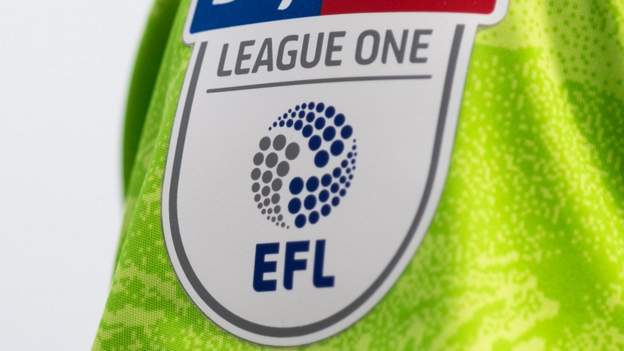this will make the academy that much more important to those teams who have them in the lower leagues. We seem to be well set up in the short terms with numerous U21s reasonably close to playing time and it may force us to keep a smaller 1st team squad that is heavily augmented by youngsters.
The 2.5M cap suggests if we have 20 senior players, they can average 2400/week including taxes and agents fees. Not all first teamers make that much but several make a lot more. U21s dont count against the number as I understand it. With the league average at 1500 or whatever it is, our existing earners above that will only count as the league average wage. So with the bigger earners already contracted (Taylor, Henry, Brannagan, likely Clare, etc) in reality, we probably have room to bring in another higher earner or two this season. Presumably one would be Dickie's replacement and it would've been convenient to sign them before the cap went into effect but whatevs. It also suggests young Prem loanees will be sought after since they wont count against the cap if young enough (like Holland and Woodburn last season).
Makes it that much important for the "bigger" clubs to get promoted in the next season or two because as their high earner contracts expire or are renewed, they will count more against the cap in future than they do now (wont count as the average league wage anymore).
The 2.5M cap suggests if we have 20 senior players, they can average 2400/week including taxes and agents fees. Not all first teamers make that much but several make a lot more. U21s dont count against the number as I understand it. With the league average at 1500 or whatever it is, our existing earners above that will only count as the league average wage. So with the bigger earners already contracted (Taylor, Henry, Brannagan, likely Clare, etc) in reality, we probably have room to bring in another higher earner or two this season. Presumably one would be Dickie's replacement and it would've been convenient to sign them before the cap went into effect but whatevs. It also suggests young Prem loanees will be sought after since they wont count against the cap if young enough (like Holland and Woodburn last season).
Makes it that much important for the "bigger" clubs to get promoted in the next season or two because as their high earner contracts expire or are renewed, they will count more against the cap in future than they do now (wont count as the average league wage anymore).

